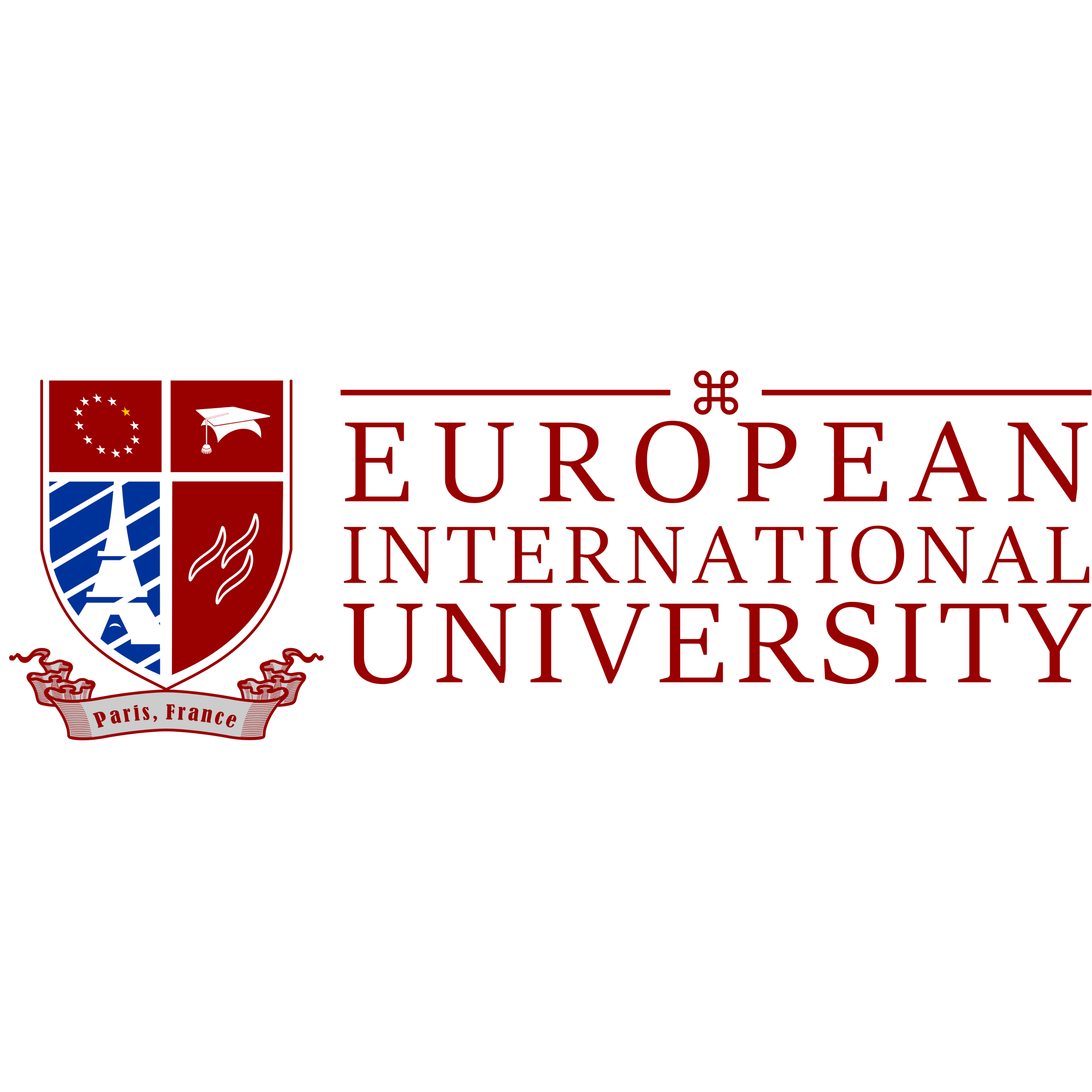
A Doctor in Computer Science is the highest academic qualification in the field, designed for individuals who aim to conduct groundbreaking research and advance the frontiers of technology. This doctoral program provides deep specialization in areas such as artificial intelligence, machine learning, data science, cybersecurity, computer vision, and software engineering.
Candidates engage in original, peer-reviewed research that addresses complex computational problems and contributes new knowledge or technology to the discipline. The program fosters innovation and critical thinking, encouraging students to develop algorithms, design systems, and build tools that can solve real-world challenges and improve digital infrastructure.
Doctoral students typically work closely with faculty mentors, collaborate on international research projects, and publish their findings in leading journals and conferences. The program also emphasizes ethical computing, data privacy, and the societal impact of technological advancement.
Graduates are well-equipped for careers in academia as professors and researchers, as well as in industry-leading roles such as chief technology officers, AI specialists, or systems architects. Their work influences developments in diverse fields—from healthcare diagnostics and smart cities to autonomous vehicles and financial technologies.
A Doctor in Computer Science not only reflects technical mastery but also represents a commitment to innovation, research excellence, and the future of global technological progress.